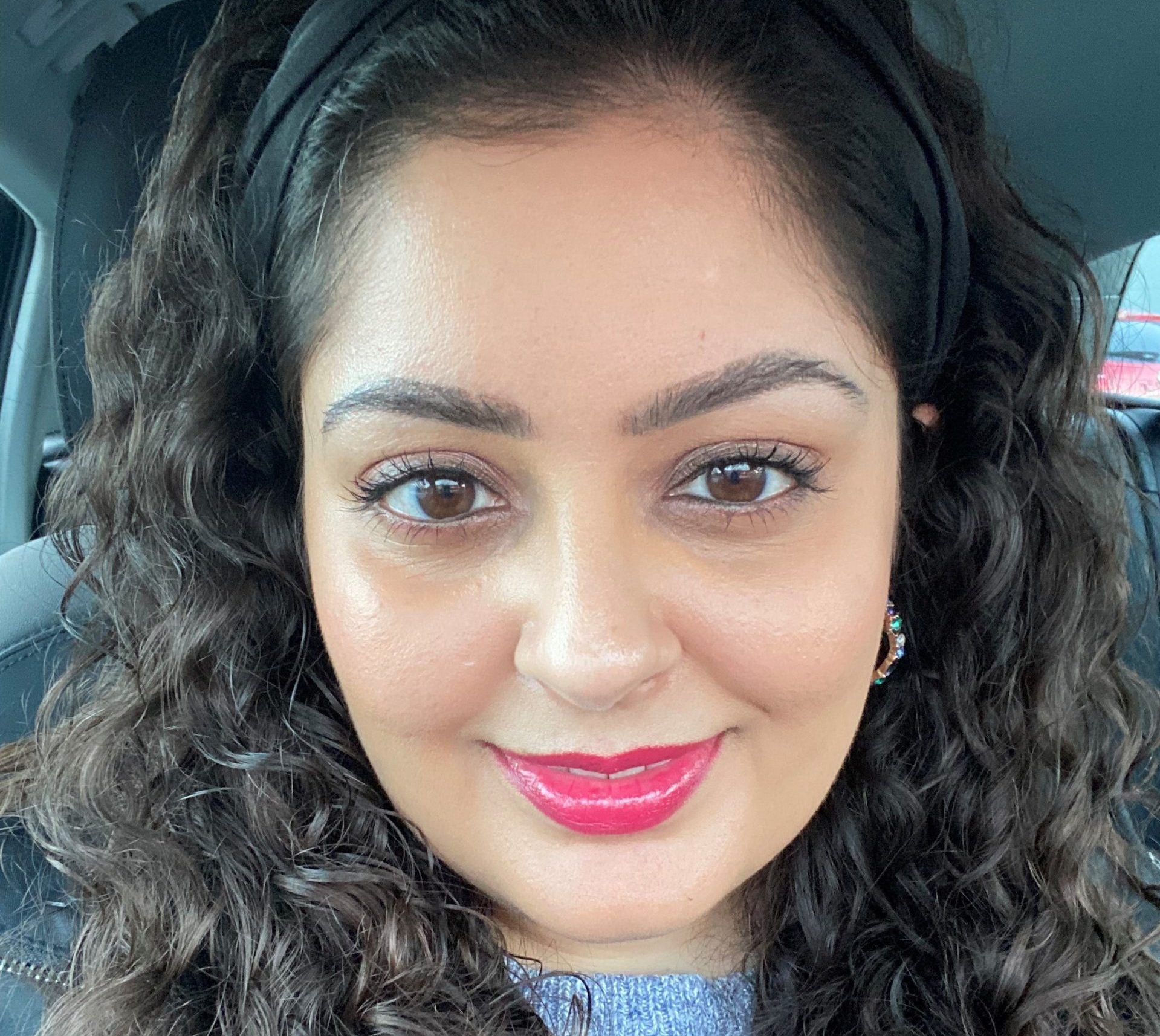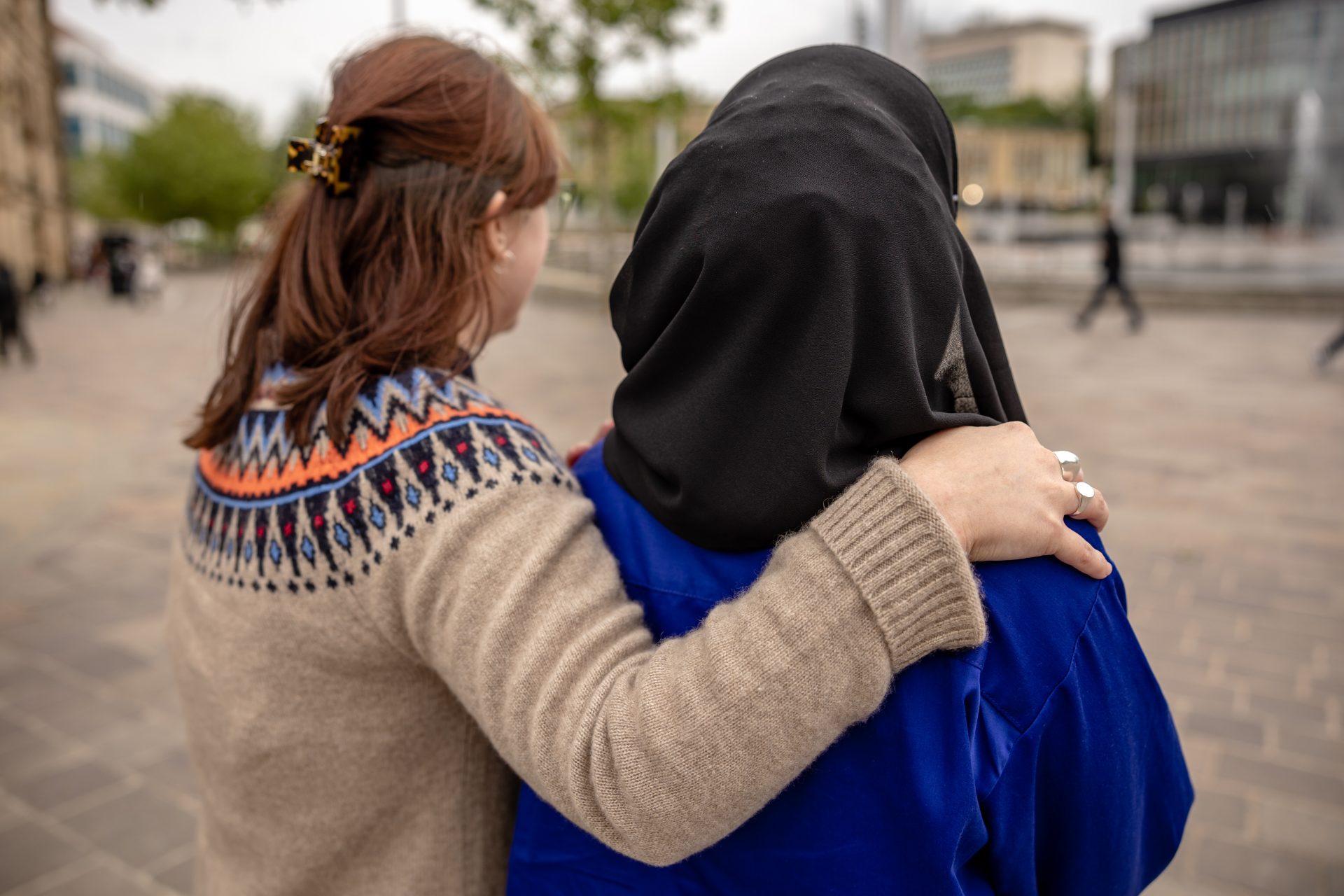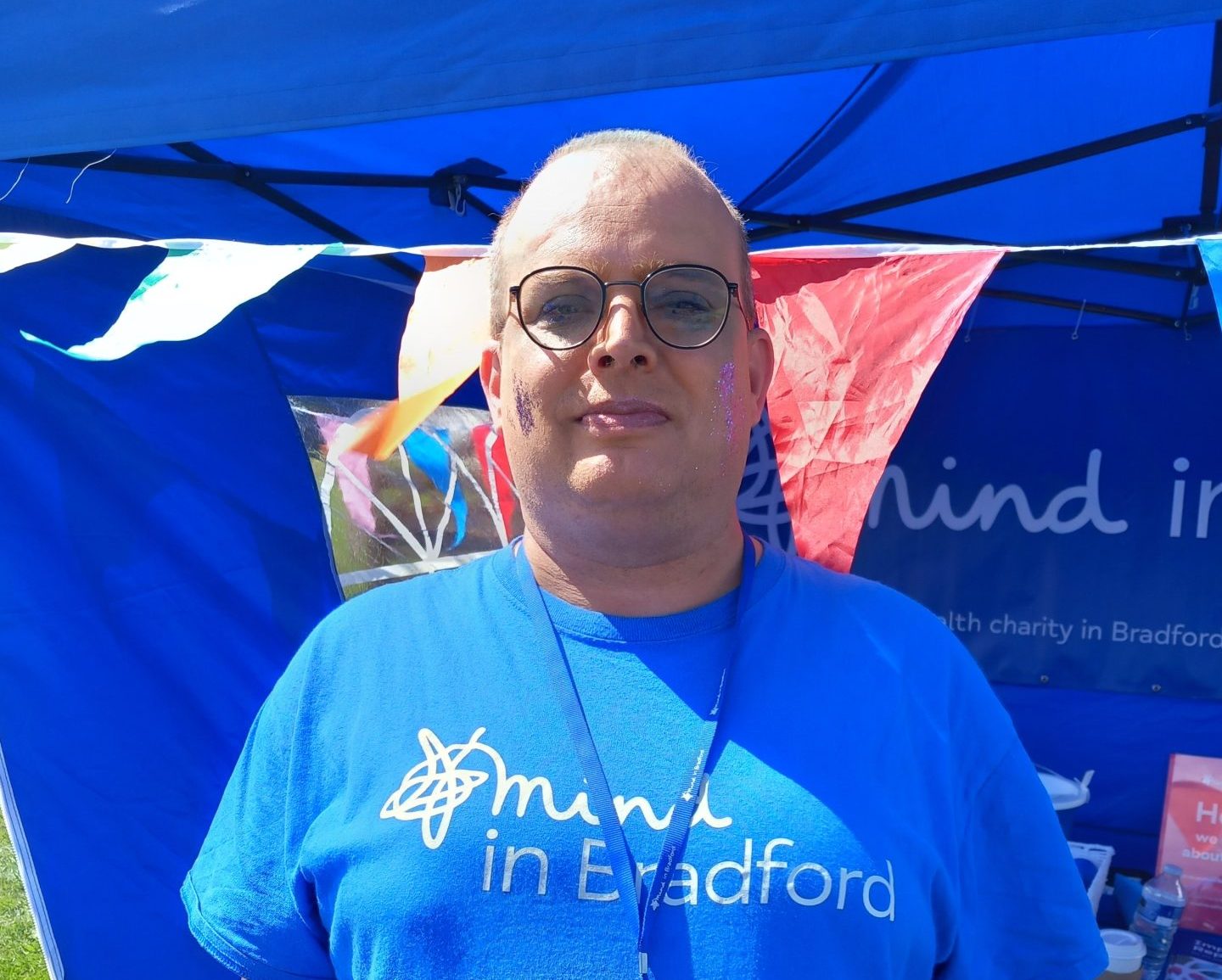Protected: Mira’s story
There is no excerpt because this is a protected post.
It’s been a really tough couple of years for our children and young people. People aged 5-16 in England have higher mental health need than ever – 1 in 6 experienced a mental health problem in 2020, which is an increase from 1 in 9 in 2017.
Beth Webber and Kelly Munro-Fawcett, from our children and young people’s service Know Your Mind, tell us about children’s mental health in 2022 – from the impact of lockdown and experiences like bullying, to how we can support young people and the services there to help.

Lockdown hugely impacted on our interpersonal experiences. We became really isolated but we’re wired for connection, so for children and young people to have had their in-person contact removed, to have their interactions with peers and adults in their life diluted, has had a huge impact.
Children aged 0-3 in particular lost all those early interactions in playgroups and pre-school activities. Children in reception and early primary school have been hugely impacted – not just in their learning but in their social development too.


Our service Know Your Mind was set up with that in mind – equipping children and young people to know how to cope, but also connecting with parents and carers to give them ideas of how they can support young people.
The one thing we encourage parents and carers to do a lot of is creating space for young people to talk – creating a safe space to be heard and seen and listened to. A safe, trusted environment is key because in the pandemic, that withdrawal from life probably meant withdrawal from conversations about their mental health, about how they were feeling.
There’s firstly been a huge increase in demand for services like ours. We’ve noticed there’s lots of young people who don’t want to go to school, who have withdrawn and are lacking confidence to get stuck in again – and that’s affecting all ages, teenagers and primary school age.


I think young people really need a space and a chance to re-learn how to be young people again – to find ways of reconnecting with the people they need to be with, finding ways to do activities that are really life-giving, to make sure that they’re living life in a way that really helps them to thrive.
Know Your Mind really invests time in encouraging young people to reach out to people, reach out to other organisations, to re-learn the things they’re passionate or excited about, and I think we all need to create as many opportunities for that to happen as we possibly can.
It’s child-led, I’d say. It’ll be led by age, first of all – generally younger children don’t need to know the ins and outs of what’s going on in the world right now, so it’s about protecting them as much as possible, protecting their mental health.


For the older ones, I think it’s about helping them be curious about how the things that are happening around them are impacting them, how they feel about them, and creating space for discussion – maybe finding other spaces for them in which they can do that, like peer support groups.
It’s important to hear their anxieties about the future while also equipping them to be hopeful for the future, because young people have got so much to offer.

I think we forget that bullying is effectively an experience of trauma, I think we minimise bullying way too much. But we can make sure that we are equipping young people to cope – we can’t remove them magically from these situations, we don’t have a magic wand but we can give them practical tools, like the Five Ways to Wellbeing, to help them be able to manage and stay well.
Asking for help is a big one too. Recently, I can think of a few occasions where young people – particularly teenagers – won’t reach out for help, because they think it may make it worse.
But actually telling any trusted adult in their lives, whether it’s someone at an organisation like Mind in Bradford, or whether it’s a teacher, a friend, or anybody that can advocate for that young person, can make a huge difference.


To young people, we always say to try to talk about some of your experiences with a trusted adult or friend, with someone with who you can talk honestly and openly.
Our Know Your Mind service is here to support anyone aged 8-19 (or up to 25 with additional needs) in Bradford central – we offer one-to-one support and wellbeing groups. Youth in Mind also has lots of services offering lots of different kinds of support across the Bradford district and Craven.
YoungMinds has fantastic resources, places you can go for support and experiences from other young people, normalising mental health challenges and recognising that you’re not alone, you’re not the only one – it’s really powerful. Kooth has an online chat function as well as some brilliant online resources too.
Posted on: 26th May 2022

There is no excerpt because this is a protected post.

In celebration of South Asian Heritage Month, Jaspreet, Clinical Director of Pharmacy and Physical Health […]

We’re encouraged to eat at least five fruit and vegetables daily to improve our physical […]

Jessica-Rose is one of Mind in Bradford’s longest-serving volunteers, and in July last year, she […]
To hear all about Mind in Bradford’s services, events, latest news and how you can get involved in our projects and fundraising activities, please fill in the form below.
Your privacy is important to us, we keep your information safe and we will never sell or swap your details for marketing purposes. You can easily unsubscribe from emails at any time using the link at the bottom of the email, or by contacting [email protected] Please see our privacy policy for more details.